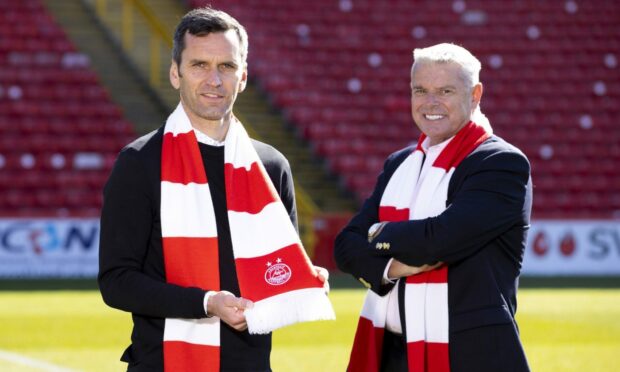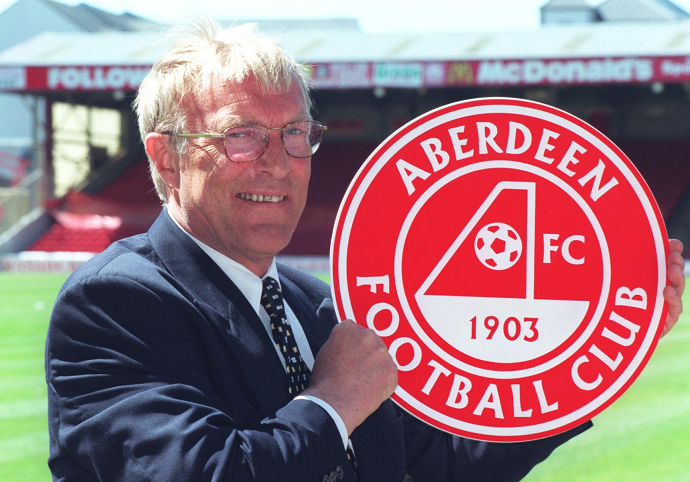If anyone had doubts over whether or not Dave Cormack was still committed to the project he unveiled back in March, they were well and truly dispelled this week when the chairman, after what was for him an unusually long period of self-imposed silence, resurfaced in the media.
Without actually using the phrase ‘vote of confidence’ Dave made it abundantly clear that Stephen Glass retains his full backing.
A change in management is not something he is currently prepared to entertain.
Is that down to blind loyalty, as some fans would contend, or has he spoken out because he genuinely believes Stephen has what it takes to turn things round?
We will only know the answer to that in the fullness of time; how long it will take remains to be seen.
The chairman’s stance did not come as a surprise.
He has not achieved the success he has over the years by bowing to public pressure or by folding when the going gets tough. He was always going to come out fighting, and that is exactly what he did.
He will not be enjoying the criticism that is being fired at him.
As is the case with most of us, Dave likes to be liked, and he clearly enjoyed the near universal praise he attracted when taking over from Stewart Milne.
He engaged with the fans, he was as open as he could be, and he was active on social media.
It is perhaps understandable that, up until this week, he had taken a step back, but his absence was obviously noted by supporters and that fed into the narrative being put forward by those who have now turned against him.
The attacks will only stop when one of two things happens. Either the team starts winning again, or Dave does what he has said he has no plans to, and sacks Stephen.
In his stout defence of his manager, the chairman employed a blizzard of statistics.
I have used some of them in the past in this column, but they only help to form part of the picture, and in actual fact, most are meaningless.
Dave spoke about the data pointing to why the Dons should be winning matches, and on the face of it that seems to make sense, but only three stats really matter: goals scored, goals conceded, and games won.
The rest are little more than a diversion or semi-interesting point of discussion.
With the Edinburgh duo, Rangers, Motherwell, Dundee United and Celtic all to be faced before the end of November, there is a real possibility that the team’s current total of eight points might not have altered significantly by the conclusion of that run.
It certainly won’t have done if the management and players fail to rectify serious issues at both ends of the pitch.
Dave Cormack will be hoping that is exactly what happens, that Stephen and his staff find the formula that has so far eluded them.
Personally, I think it is too early to wield the axe, but I fully accept that putting up a cogent case for the defence is not easy right now.
Thankfully, that task lies not with me, but with the chairman, and he may soon have a big decision to make, however unpalatable he finds it.
Colourful Dane Skovdahl left a lasting impression on the Dons
It is a year today since the passing of Ebbe Skovdahl.
One of the more colourful characters to have taken the Pittodrie hotseat, almost two decades later I still find it difficult to quantify his time in charge of the Dons.
Having achieved great success with Brondby, the Dane was an imaginative appointment at the time by the Aberdeen board, but he was never able to replicate what he had done in his homeland, and at times the players looked to have no idea what it was he expected of them.
That said, he also brought a few highs and plenty memorable moments; not always for the right reasons.
His biggest achievement was in engaging with the fans, and he never really lost that support even during the darkest periods.
How he did it, I will never know, but he certainly put a smile on their faces, and will rightly be fondly remembered by all who lived through his era.

